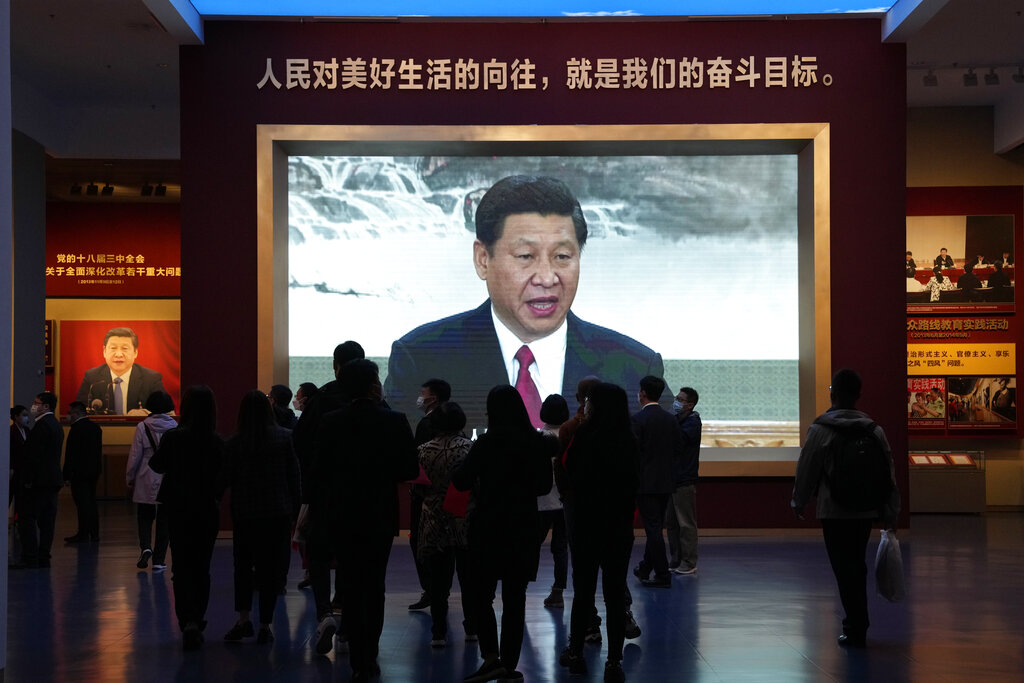In 2022, downgrades in Morningstar’s fair value estimates for Asian stocks continue to outnumber upgrades. Morningstar’s fair value estimate is a measure of what analysts think a company's share price should be worth. The fair value is based on how much cash analysts believe a company will generate in the future. Stocks priced above their fair value estimates are seen as expensive, while those below it are cheap.
Of the 207 companies in Morningstar’s coverage universe in China, Hong Kong, Taiwan, and Singapore, 11 saw fair value increases of 10% or more. The upgraded names represent 5% of our coverage, which is less than half of the quarterly average over the past five years – 12%. Conversely, 26 companies, or 13%, saw their fair value estimate decline by at least 10%, versus the quarterly five-year average of 6%.
The Outlook for Stocks Continues to Remain Weak
In Q3 2022, the Morningstar fair value estimates across the four markets – China, Hong Kong, Taiwan, and Singapore – declined an average of 1% between July 1 and September 30, compared with the average quarterly increase of 1% in the five years prior. For the quarter, the drag mainly came from three China-based property developer and manager names.
For the quarter, of 60 downgraded stocks, the fair value estimates of 26 companies were trimmed by more than 10%. Healthcare (down 6%) and real estate (down 7%) sectors posted the largest net fair value estimate cuts. On the flip side, the energy sector continues to lead the overall fair value increases. The sector’s estimates rose an average of 7%, after a 6% lift from the second quarter. Consumer sectors – both cyclical and defensive – are also given a more positive outlook, as their fair value is up 3% and 5% respectively.
Grim Outlook for Developers and Their Property Management Arms
Towering debt and sluggish sales continue to weigh down the market value of the real estate sector in China. Country Garden (02007), that saw its shares plunge 80% so far this year, has seen analysts slash their fair value estimate for the stock by 47% to HK$ 5.1 during the third quarter. The reasons include reduced project deliveries and land replenishment, as well as the company’s projected gross margins. Despite receiving the deepest fair value cut, the stock is still cheap. Its last close of HK$ 1.32 is more than 70% below its fair value estimate.
Another developer, Central China Real Estate (00832) received a 40% cut. The stock’s fair value estimate was previously reduced by 49% in the first quarter of 2022.
The property sector crisis is also spilling over to property management. Real estate project delays and mortgage boycotts have further weighed on homebuyers’ sentiment, which analysts think would further delay the broad property sector recovery.
Property managers, Central China Management (09982), A-Living Smart City Services (03319), and Country Garden Services (06098) received a trim of 22%, 17%, and 16%, respectively. The companies’ earnings projections have been severely hit amid reduced real estate development activity. Despite the fair value cut, analysts view the market concerns and selldown as overdone and see these names as undervalued, trading in a 4- and 5-star range.
Singapore Stocks Also Received Downgrades
In Singapore, Sea Ltd (SE) received the largest downward adjustment of 44% on a less optimistic outlook about its medium-term e-commerce growth.
As inflation rates remain elevated and currency markets are still volatile, four REITs were rated lower also, they are Mapletree Logistics Trust (M44U), Frasers Logistics & Commercial Trust (BUOU), Keppel REIT (K71U), and Keppel DC REIT (AJBU).
“We think that investors should also pay attention to second-order effects in the currency market arising from diverging monetary policies adopted by central banks around the world,” says Xavier Lee, equity analyst at Morningstar. “With more S-REITs investing outside of Singapore for both geographical diversification and more opportunities, we think investors need to understand the foreign currency risk that they are undertaking and the hedges put in place by REIT managers to manage this risk. We recommend investors seek a wider margin of safety when investing in REITs with significant exposure to foreign assets to compensate for the foreign currency risk.
Stocks That Earned the Largest Upgrades
By individual names, the largest upgrades came from TAL Education Group (TAL). Our analysts upgraded the education provider by 83% this quarter to US$ 5.6.
“After a fresh look at TAL Education, we think there is better visibility now after its first quarter of results without the contribution from the K-9 academic afterschool tutoring business,” says Cheng Wang, equity analyst at Morningstar. In 2021, The Chinese government is considering compelling all institutions with a school curriculum to register as non-profit organizations, challenging the profitability of private tutoring firms across the country.
More than one year since the regulatory changes, TAL has branched out to new business initiatives which Wang thinks are making progress. For instance, he forecasts that TAL’s enrichment learning business will grow 15%-30% annually between 2024 and 2027 and contribute about 43% of revenue by 2027. Its peer, New Oriental Education & Technology Group (EDU) also received an upward adjustment of 47%, also for business transformation reasons.
The fair value estimate for Intron Technology (01760) was raised by 69% to HK$ 7.5. The Chinese automotive electronics solutions provider is to benefit from the strong adoption of electric vehicles in the country.
Pinduoduo (PDD), regarded as a smaller player in the Chinese e-commerce scene, is standing out with a unique position. Chelsey Tam, senior equity analyst, is having a higher conviction in the firm's ability to engage and retain users, and monetize in the long run. “The second quarter’s earnings results speak to its strong execution and its capability of delivering growth despite saturated user base, cross-selling to other categories from agricultural products.” Its strong cost control would enhance the company’s competitiveness amid strong competition from new and old e-commerce players and a weak macroeconomic backdrop.













.png)




.jpg)





